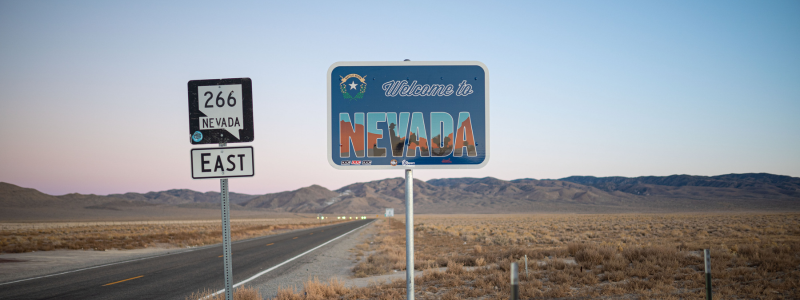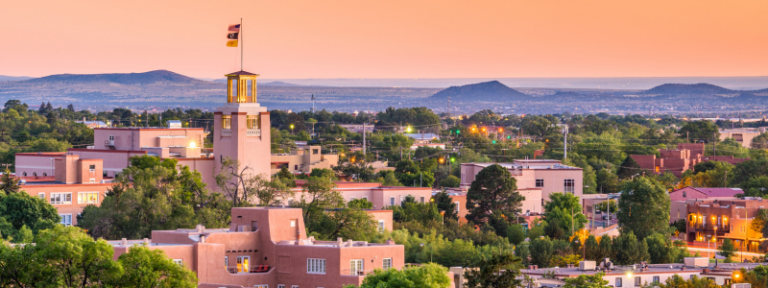Nevada is one of the top states for solar-friendly laws and incentives. To put this into perspective, Nevada plans to commit 50% of its energy production to renewable energy by 2030.
The Silver State has year-round sunshine that provides immense opportunities for solar-to-energy conversion to power your home. In this blog, we’ll take a closer look at the solar panel laws put in place in Nevada and the rights given to residents state-wide.
- Are solar panels legal in Nevada?
- What type of specific laws are there for solar panels in Nevada?
- Is off-grid solar legal in Nevada?
Are Solar Panels Legal in Nevada?

Yes, not only are solar panels legal in Nevada, but they’re highly encouraged. Nevada’s solar access laws protect homeowners’ rights to install and operate solar panels. This means community HOAs cannot prohibit homeowners from installing solar, whether it’s through legal documents or contracts.
What Type of Specific Laws Are There for Solar Panels in Nevada?
Nevada has several laws in place concerning the generation of solar power, including AB 405, SB 407, SB 146, and AB 465.
AB 405
The AB 405 bill gives all Nevada citizens the right to access renewable energy and obtain easements for a solar system if they face obstructions. This means that homeowners can request that neighbors remove any parts of solar energy systems that create a blockage. This bill was implemented to prevent HOAs from restricting the installation of residential solar panels.
AB 405 also re-established net metering, which had been discontinued in 2015. Net metering allows homeowners to receive credit when they feed excess solar energy back into the grid.
SB 407
Bill SB 407 established the Nevada Clean Energy Fund nonprofit to help homes and businesses finance clean energy projects. Finance efforts include the following:
- Increasing the amount of financing available.
- Promoting efficient and less expensive clean energy projects that create stable jobs.
- Fostering clearly stated underwriting standards, contractual terms, and measurement and verification protocols for clean energy projects.
- Encourage making performance information that helps assess and manage risks for clean energy projects. This boosts the creation of investment markets for these projects.
- Attain sufficient funding for clean energy initiatives in Nevada to reduce climate impact and unlock energy efficiency benefits.
The NCEF was officially put in place in January 2022 and continues to find innovative ways to encourage green energy and make it easier for Nevada homeowners to access it.
SB 146
Bill SB 146, currently in effect as of 2023, enforces state utilities to consider solar energy while planning for future fiscal energy production. The bill is designed to further acknowledge the role of rooftop solar panels as a standard form of energy production in Nevada.
AB 465
Nevada’s AB465 enforces electric utilities to offer an expanded solar access program to residential customers and certain nonresidential customers who consume less than 1,000 kilowatt-hours of electricity a month.
The legislation mandates that the Public Utilities Commission of Nevada (PUCN) must establish specific rules for executing the broader solar access initiative. Additionally, an electric utility is obligated to present a detailed strategy for carrying out the expanded solar access program.
Is Off-Grid Solar Legal in Nevada?
Nevada is incredibly solar power friendly and minimizes restrictions to encourage its citizens to adopt clean energy. Because of this, Nevada state has no laws prohibiting the installation and production of off-grid solar.
Consider whether grid-tied or off-grid solar is the best fit for you before installation. If you live in a remote or rural area, off-grid is typically the more practical choice but may come with some disadvantages, such as an inability to sell excess solar power back to the grid.
Partner With Our World Energy For Professional Solar Installation

At the federal and state levels, solar energy is highly encouraged, and we continue to increase solar incentives in Nevada and Nationwide.
To learn more about solar power and how you can become a part of the clean energy efforts, please contact us today.



